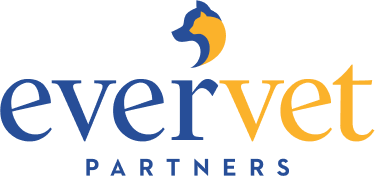An earnout is a common feature in veterinary practice sales, where the seller receives a portion of the purchase price after the sale has closed, based on the performance of the practice over a set period of time. Earnouts can be a helpful way for buyers and sellers to bridge the gap between their expectations of the value of the practice, as they allow the seller to share in the future success of the practice.
There are several reasons why earnouts may be included as part of the sale. One reason is that the buyer and seller may have different expectations of the value of the practice. For example, the seller may believe that the practice is worth more based on its historical performance, while the buyer may believe that it is worth less based on the current market conditions. In this case, an earnout allows the seller to receive additional payment if the practice performs better than expected in the future.
Generally after the sale of a practice, we ask the seller to stay on board for a period of time to help with the transition. The seller may have developed strong relationships with clients and staff, and their continued involvement in the practice can help to smooth the transition for everyone involved. An earnout is a great way to make sure the seller is properly incentivized to stay and help with the continued success of the practice, and motivated to continue to provide high-quality care and support to clients.
For a seller, there are several factors to consider when negotiating an earnout. The first is the length of the earnout period. Typically, it will be a few years, and will depend on the size and complexity of the practice. The second factor is the performance criteria that will be used to determine the amount of the earnout. This could include metrics such as revenue, profit, or the number of new clients. It is important to be clear about these criteria in order to avoid misunderstandings and disputes later on.
Finally, it is important to be aware of the tax implications of an earnout. Earnouts are typically treated as ordinary income, and will be subject to income tax in the year that they are received. It may be possible to structure the earnout in a way that minimizes the tax burden, such as by spreading the payments out over several years.
If you’re interested in learning more about the various ways in which EverVet can tailor a veterinary transition to your needs, we’d love to chat. Click here to reach out and learn more about how we can structure your ideal future, together.
Ready to start a conversation? Reach out today.




